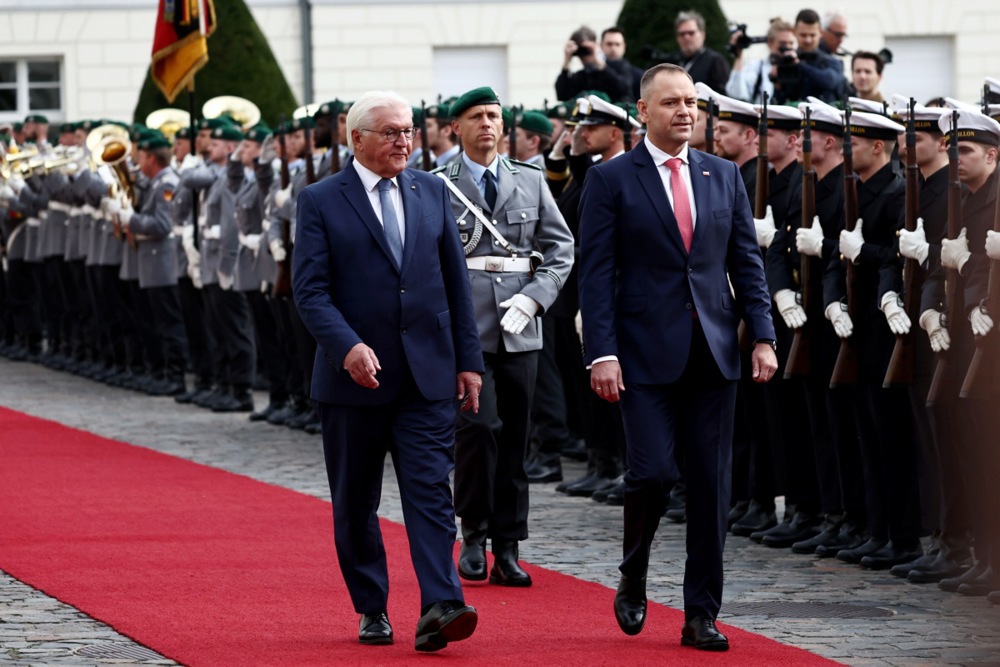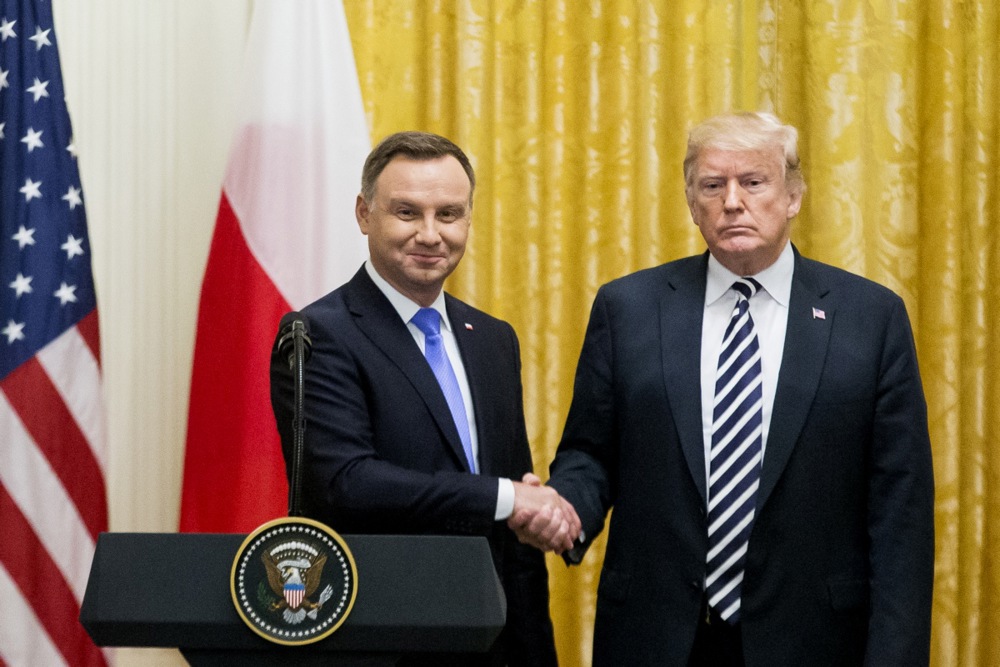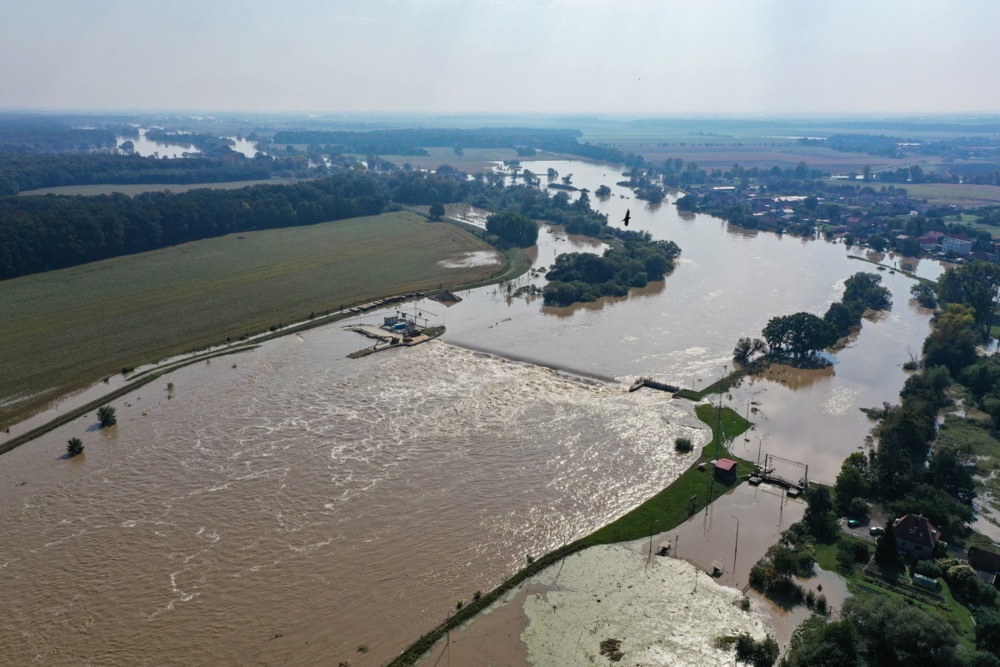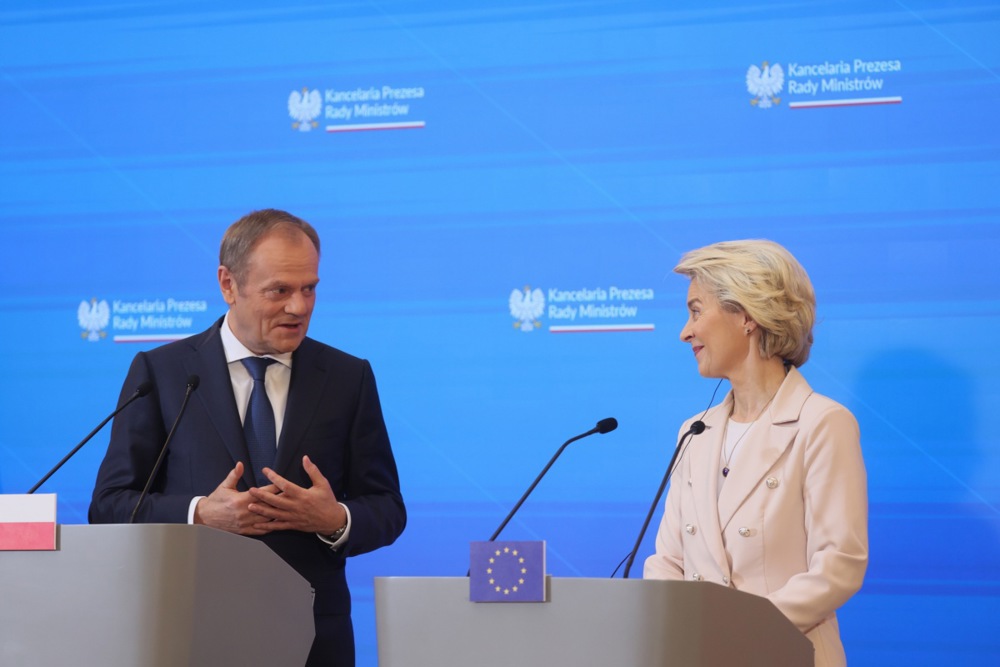Poland’s President Karol Nawrocki has written to the President of the European Commission, Ursula von der Leyen, stating that his country will not accept any relocation of migrants envisaged under the European Union’s Migration Pact.
In a letter published on the President’s official website yesterday, Nawrocki, who is allied to the opposition Conservatives (PiS), wrote that the safety of European citizens must come first. “Poland will not agree to any actions by European institutions that would aim to relocate illegal migrants to Poland,” he added.
He said migration stems from “the difficult security and economic situation in African and Middle Eastern countries” and urged the EU to address those root causes and focus on “protecting our citizens from illegal migration and its consequences”.
The EU’s Pact on Migration and Asylum requires all members of the bloc to help European countries most under pressure by accepting a share of relocated migrants, or to pay for their settlement in other countries willing to host them.
Nawrocki added that Poland continues to bear heavy costs of managing migration, particularly from neighbouring Ukraine. For more than four years Poland’s eastern border with Belarus has been “under migratory pressure aided and abetted by the Moscow regime, using the Belarusian state and intelligence services”, he said.
Since the summer of 2021, Poland has been accusing Belarus and Russia of orchestrating a crisis by deliberately sending migrants, primarily from the Middle East and Africa, to the borders of Poland and the Baltic States.
Nawrocki also pointed out that Poland has dedicated significant resources to securing the EU’s eastern frontier and supporting refugees displaced by the war in Ukraine.
“In 2025, there are still nearly one million Ukrainian refugees residing in Poland, while the number of Ukrainians who temporarily arrived in Poland after the outbreak of the war reached several million,” he said.
“After February 24, 2022, the Polish state acted responsibly and accepted citizens of Ukraine fleeing the war. We offered not only our own homes but also the necessary State support at that time. Poland acted in solidarity, even though it was not bound by any obligation of solidarity.”
The PiS, the party that backed the President, has claimed migrants from the Middle East and Africa are culturally alien and bring with them increased crime.
When in office, though, the PiS did allow tens of thousands of migrants from Asia to live and work in Poland due to pressures on Poland’s labour market. Current Prime Minister Donald Tusk’s ruling Civic Coalition criticised the party for that during the 2023 parliamentary elections, as did the right-wing Confederation Party.
The Tusk government has said Poland will not have to take migrants from other EU states because the country will get dispensation for having hosted hundreds of thousands of Ukrainian refugees after the outbreak of war with Russia.
Under the provisions of the Migration Pact, though the EC’s power to grant exemptions from provisions are purely discretionary. Under the guidelines issued so far for the future working of the pact, only countries that had in the previous year suffered from mass migration would be exempt. The wave of refugees experienced by Poland primarily came three years ago in 2022.
The Tusk government has also been accused by the opposition PiS of being willing to receive illegal migrants pushed back from Germany. Berlin claims they come from Poland but cannot always document such claims. A protest vigilante movement against such push-backs has been active in border areas.





